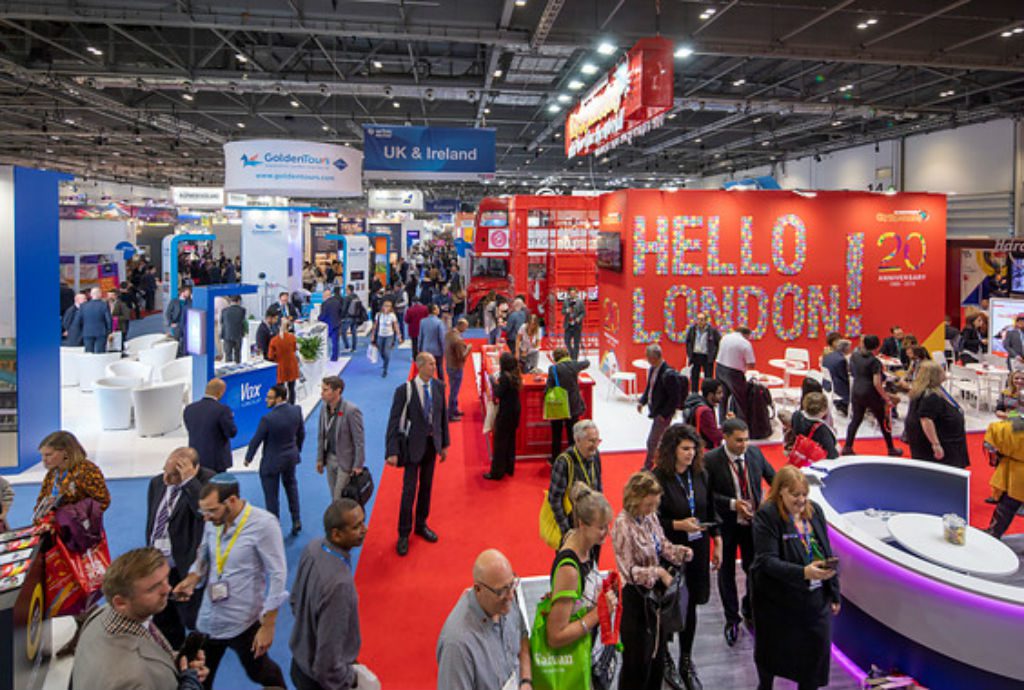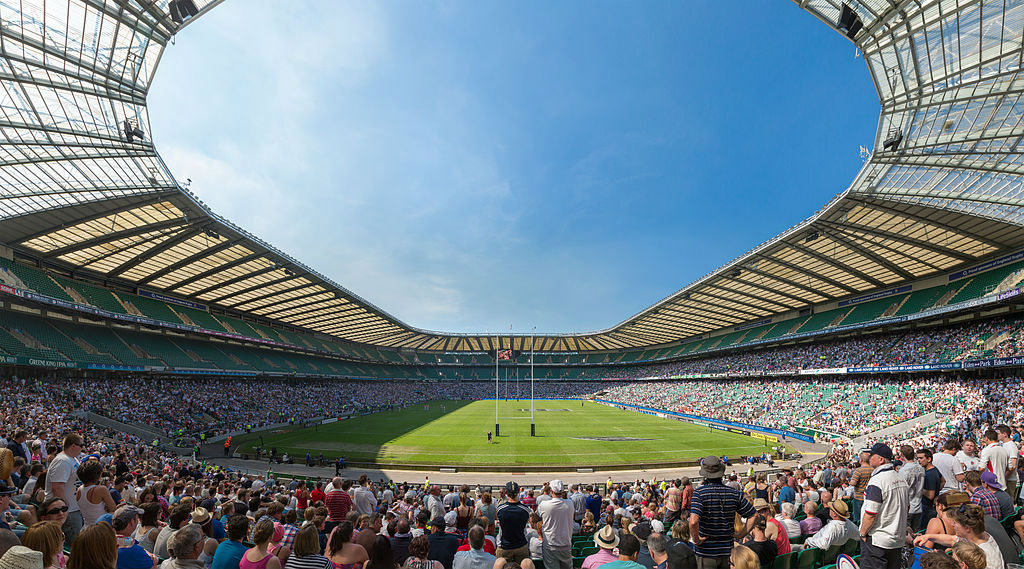
In September the Chancellor of the Exchequer Rishi Sunak outlined the UK government’s “Winter Economy Plan” which will see the furlough scheme replaced and more support given to sectors hit hard by the impact of the Covid-19 pandemic.
While Sunak unveiled the new Job Support Scheme, which will launch on 1 November for six months, he also announced plans for business loans, VAT cuts and help for the self-employed.
The Treasury also said the new scheme will protect “viable jobs” in companies who are “facing lower demand over the winter months due to coronavirus”.
So which jobs are deemed as “viable”. It’s a question many professionals across the UK are seeking answers for.
Sky News business presenter Ian King asks: which are the workers who are most at risk of losing their jobs in coming months? He said: “This may, at first, seem obvious from a look at the industries making most use of the existing furlough scheme: the arts, entertainment, nightclub, leisure, events and wider hospitality sectors.”
King says this is “not as straightforward as that”, but for the purposes of this blog, we are going to focus on sectors that have been a key driver for the UK economy in recent years: events and MICE (meetings, incentives, conferencing and exhibitions).
£84bn in direct spend
Martin Fullard, editor of Conference News, has provided vital insight for the events sector while reporting on the pandemic’s impact.
In posts on Twitter and LinkedIn this week Fullard cited figures from the Business Visits and Events Partnership (BVEP) 2019 report which revealed that the events industry generated a £70bn total event value in direct spend in the UK and also provided 700,000 jobs last year.
Of the £70bn, conferences and meetings were worth £18.3bn while exhibitions and trade fairs were £11bn. If you add in the weddings sector then the total value of direct spend of events is increased to £84bn.
This is also “just the direct spend”, said Peter Sumner in response to Fullard’s post. Sumner, who is vice chairman of Design Construct & Exhibitions Group Ltd (DCE Group), added: “The true worth of exhibitions is far greater. Deals worth $192 billion were signed at Farnborough airshow 2018 alone! UK businesses are missing out big time and the recovery will take much longer if we don’t get back to face to face trade shows ASAP.
“The government need to take a long hard look at this and be honest enough to admit that they have made a mistake by closing down exhibitions.”
Newsletter: sign up for updates from Sports Tourism Media

£9.6bn: total direct spend for sport events
So where does sports tourism fit into all of this you ask? Well, here’s the breakdown…
According to the BVEP report sporting events had a £9.6bn total direct spend in the UK in 2019, but many live events are now being held behind closed doors.
And judging by the rise in the number of sports business conferences and meetings in the past few years – and the stadiums, venues and arenas which host them – it’s clear to see that sport is a major driver for the events industry.
Like so many other sectors, sport business organisers have had to cancel, postpone or reschedule many of their events this year. Meanwhile, some have gone down the virtual route and held their events online.
126,000 jobs lost so far – 140,000 more?
Re-opening events and MICE in the UK is still delayed due to social distancing measures, but events of 30 people or less can continue, the Meetings Industry Association (MIA) said on 14 September.
Despite the government confirming that smaller events can go ahead – if pre-existing Covid-secure guidelines are followed – it’s still a dire situation for the sector.
Jane Longhurst, chief executive of the MIA, said: “Throughout the course of the pandemic we have lobbied rigorously to demonstrate the harrowing impact Covid-19 has had on the industry, so we are delighted to have received confirmation that business meetings and events holding up to 30 people can continue.
“While this is welcomed news, the lack of clarity provided to venues and event organisers respectively over the course of the last week does however hold significant implications which government must recognise.
“In the four days that have passed since the Prime Minister’s announcement, 76.5% of venues recently surveyed confirmed that this has led to direct event cancellations, with some cancelled events equating to values upwards of £50,000. This business reflects not just much-needed revenue, but a lifeline for many venues.
“Through our UK Venue survey we already know that venues have averaged a £2,398,600 loss of business to date, which coupled with restrictions on operations and the generation of revenue has led to some 126,000 job losses since the pandemic began.
“For a sector left at standstill for so long, cancelled business can no longer be borne, with the impending end to the government furlough scheme forecasting a further 140,000 job losses.”
Industry in crisis: calls for urgent funding
Here lies the problem: if venues cannot open, events can’t take place and jobs will be lost.
MIA chief Longhurst is calling for more support for the beleaguered sector and she added: “If venues cannot open for business at larger capacities soon then they simply must be funded, before this £70bn economic driver is simply no more.”
The Association of Event Organisers (AEO) is also seeking urgent action. In a tweet this week the AEO said “as an industry we are at crisis point” and has urged Downing Street to “stand with us and protect our industry”. It also called on members and all event professionals (#eventprofs) to write to their local MPs.
Just reading the newsfeed on LinkedIn you can sense the turmoil within the events and MICE industries.
In other responses to Fullard’s post, one person accused the government of throwing an £84bn industry “under the bus” while another said “it’s unbelievable that the events industry is going completely unnoticed”.
Meanwhile, Craig Mathie of the Bournemouth 7s festival says it’s time for the government to support a sector which helped build the Nightingale hospitals at the height of the coronavirus crisis.
Mathie said on LinkedIn: “From #festivals to exhibitions and all those incredible companies who supply infrastructure, people and services to keep us going; we are on the brink. Now is the time for Oliver Dowden and Rishi Sunak to support our sector in the same way we helped build the Nightingales. Support packages for other industries have been well considered and administered – we now NEED the same.”
With venues hemorrhaging cash and the fact that 126,000 roles have been lost already, surely there’s enough proof that the events industry and the jobs it supports are deemed as “viable”?
As a team that works within the sport, travel and business sectors, we fully support the events industry in the fight for its future.
#SportsBiz and events blog by Mike Starling, co-editor of Sports Tourism Media
Newsletter: sign up for updates from Sports Tourism Media
Main image credit: World Travel Market in 2019
Further reading
Study reveals impact of Covid-19 on the UK snow sports and ski industry
